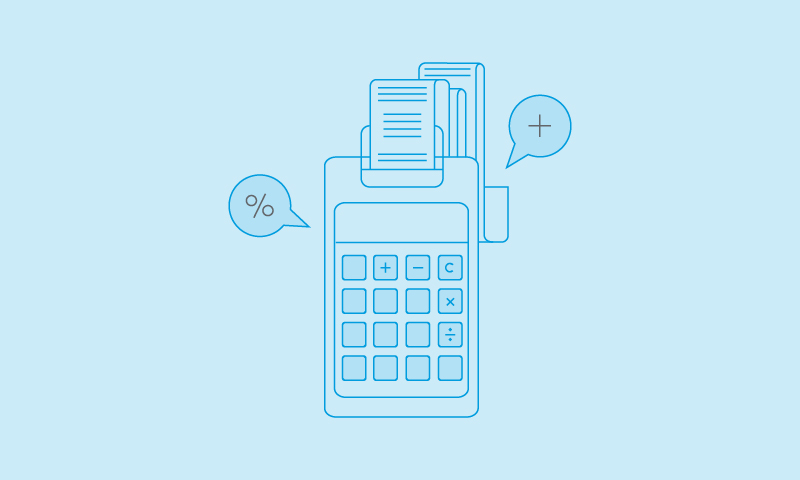08 April 2023
P11Ds are forms which employers must submit to HMRC each tax year to report the value of reportable benefits they have provided to employees and directors, where the benefits are not covered by a formal payrolling arrangement with HMRC, or are not dealt with under a PAYE Settlement Agreement (‘PSA’).
The deadline for submitting P11Ds is 6 July following the tax year and a copy of each employee’s form P11D, or the information it contains, must be given to the employee by the same date.
Why is it so important to get this right?
HMRC can charge penalties where P11Ds are submitted late or incorrectly. HMRC can also charge interest and penalties where Class 1A NIC, the employer’s NIC due on chargeable benefits, is paid late. Class 1A NIC is due by 19 or 22 July following the tax year, depending on how the payment is made.
Furthermore, where taxable benefits have not been correctly reported to HMRC on P11Ds, HMRC will often ‘invite’ the employer to settle the income tax due on those unreported benefits. Where the employer agrees to this, the tax is calculated on a grossed-up basis because, when the employer bears this on behalf of the employee, the tax itself is treated as earnings. The employer will also be held responsible for the Class 1A NIC underpaid, together with HMRC interest charges and penalties. Substantial liabilities can therefore arise where a benefit has not been correctly reported, especially when the error has arisen over multiple years and/or multiple employees.
Do HMRC check compliance?
Yes, they do. If an employer is chosen for a HMRC Employer Duties Review this will invariably look at P11D compliance, often over several tax years. The problem areas we often see when an employer’s P11D compliance and employee benefits are reviewed by HMRC include:
- not properly considering the value of benefits under the Optional Remuneration Arrangement rules;
- not reporting staff entertainment expenses;
- not reporting all benefits which are provided under salary sacrifice arrangements (often as part of a flexible benefits arrangement);
- not reporting taxable employee non-cash awards and gifts; and
- missing benefits associated with the use of company provided vehicles.
What about payrolling benefits?
Currently employers can choose to payroll certain benefits rather than report them on forms P11D. To do this, employers must register the particular benefit or benefits online before the start of the tax year they first want to payroll the benefit(s) from. If, therefore, an employer would like to payroll employees’ benefits for the tax year 2023/24 it must formally register with HMRC before 6 April 2023.
Once registered, the employer must then add the correct cash equivalent value of the payrolled benefit(s) to employees’ taxable pay under PAYE, and HMRC should then exclude the value of the benefit from the employees’ tax codes.
The main advantages of payrolling benefits is that it reduces the employer’s post end-of year P11D administration and it enables employees to pay tax on their benefits in real time. However employers should not lose sight of the fact that the they will still need to include the value of the payrolled benefits on a form P11D(b) by 6 July following the end of the tax year to enable the Class 1A NIC due on those benefits to be declared and paid to HMRC.
Once benefits are registered for payrolling, and once the tax year has started, the employer will need to payroll the benefits for the whole of the tax year or, if earlier, until those benefits are no longer provided. Given this employers should carefully consider whether their systems and procedures can support payrolling before registering with HMRC.
Key points to think about for 2022/23 and 2023/24
Key points to think about include:
- For the 2022/23 tax year Class 1A NIC will be charged at a blended rate of 14.53% because of the changes to NIC rates that occurred during the tax year.
- From the 2022/23 reporting year, HMRC will no longer accept paper forms P11D and P11D(b).
- From 6 April 2023, HMRC will no longer accept new informal payrolling of benefits arrangements and they require employers with informal arrangements in place currently to formally register for payrolling benefits in advance of 2023/24.
To payroll benefits from 2023/24, the registration must be completed on HMRC’s gateway before 6 April 2023. We recommend taking steps to do that sooner rather than later.
How can RSM help?
At RSM our specialists have extensive experience of helping employers meeting their tax and NIC obligations in respect of employee benefits in kind. We offer a wide range of employee benefit related services to help employer’s optimise their compliance, mitigate risks, and save time, including a tailored annual P11D preparation service. Please see our flyer for further details.
For more information, or if you have any questions or concerns, please contact Lee Knight, Susan Ball, or Steve Sweetlove.













